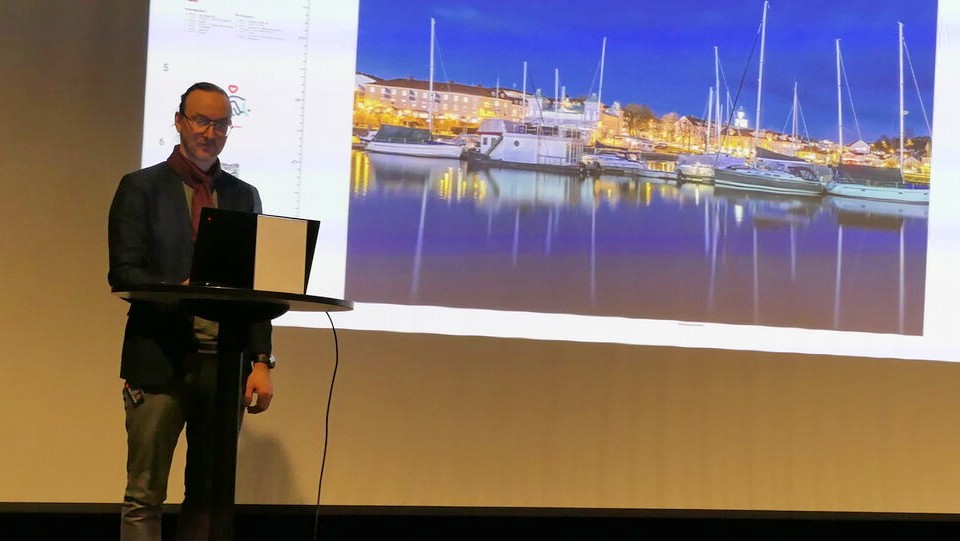
RITMO Project Challenge Case
At RITMO retreats we often use case studies to discuss relevant topics. I have blogged about some of these before: the Coauthorship Case and Confession Case. This semester’s retreat focused on project development and management. I developed a new case study that was successfully used for group work and plenary discussion. A challenging project Consider the following scenario: Professor Penelope has received external funding to start a new interdisciplinary research project....
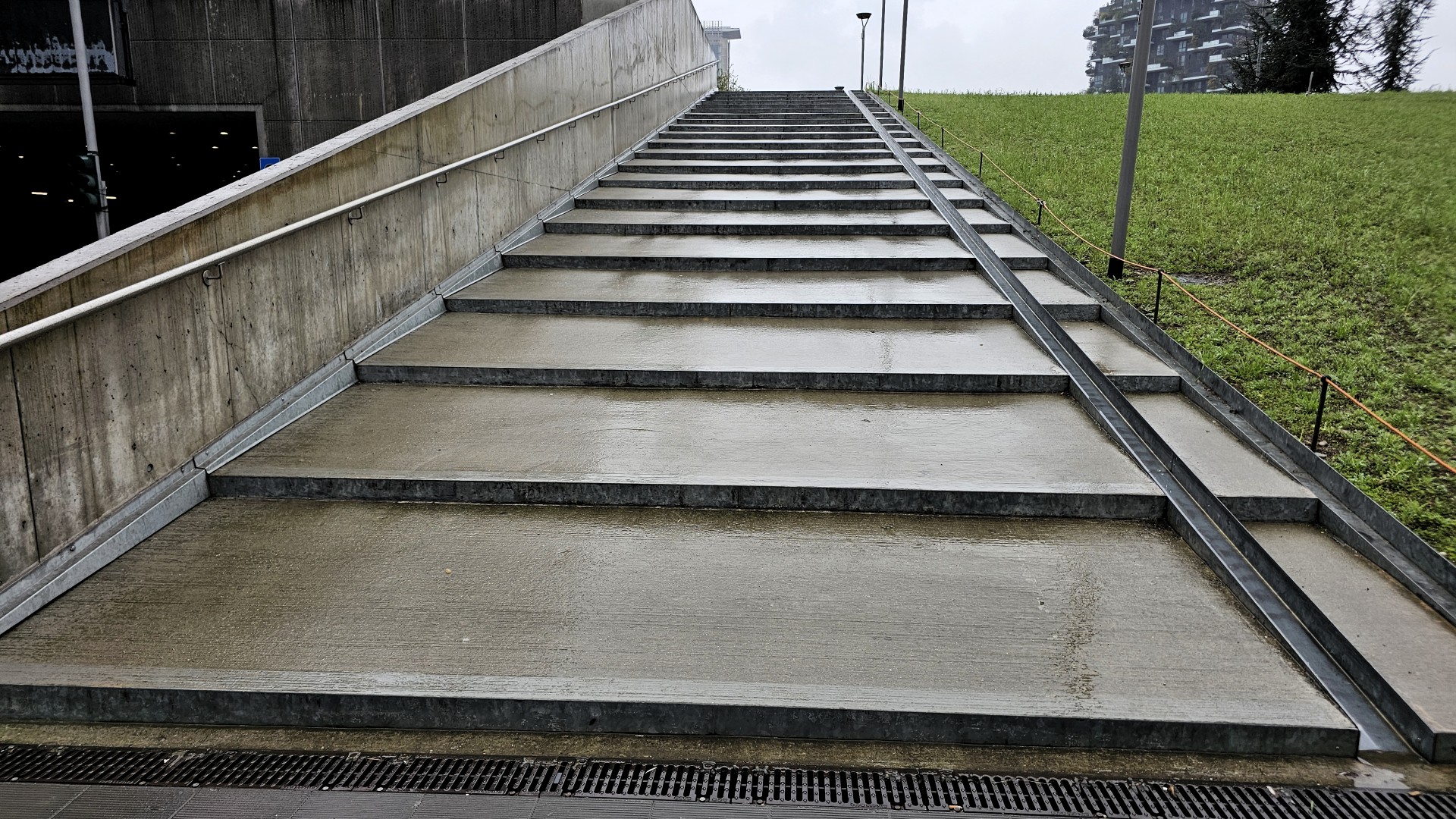
The Rhythm of Stair Walking
On a visit to Milan, I came across a stair close to the famous Bosco Verticale that interested me. I passed these stairs several times and struggled with walking them each time. It was equally difficult up and down; they just did not seem to work for me. That inspired this blog post about stair walking. The biomechanics of stair walking Walking up and down stairs is an everyday activity we often take for granted....
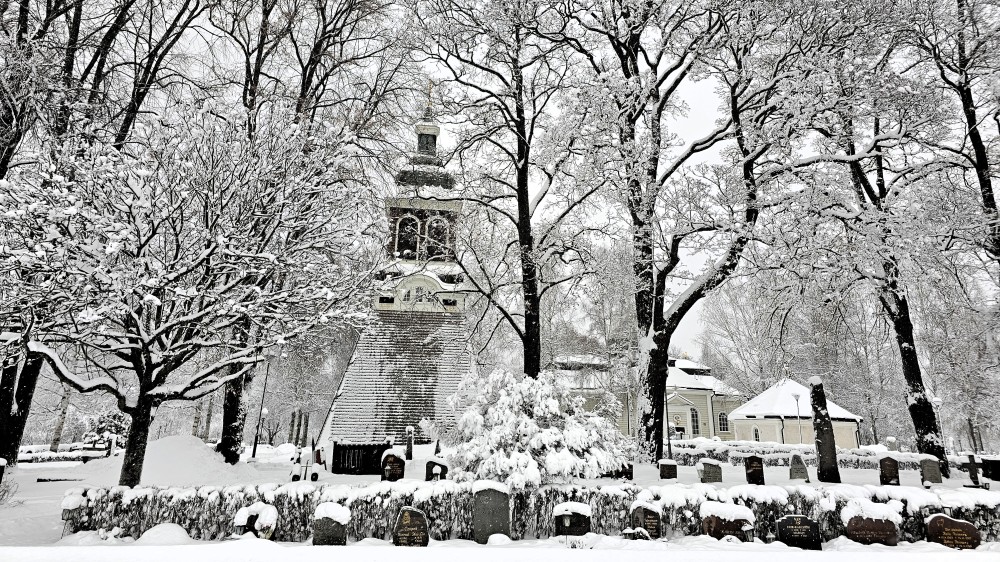
Creativity and Spirituality
Kristina Socanski Celik touched upon the relationship between creativity and spirituality in her PhD defense earlier today. She has written a dissertation about the music of two 20th-century composers, Arvo Pärt and Ljubica Marić, who have used ancient religious chants in their modern compositions. The relationship between creativity, spirituality, and religion surfaced several times during the disputation. This was particularly because both composers have a spiritual approach to their compositions, while only one (Pärt) is religious....

Programmatically Make World Maps
I am working on RITMO’s annual report for 2024. Typically, we include world maps showing where people at RITMO are coming from and the various countries we have collaborators in (check out last year’s report for example). These maps are usually made by hand, but I was curious to see if MS Copilot could help. After a little bit of tweaking, I have created a nice Python script that does the job!...

Why Choose CC-BY Over CC-BY-NC-ND for Academic Publishing
Many researchers have requirements for publishing their articles Open Access. However, what that means in terms of licensing may be unclear to many. Two common options are CC-BY (Attribution) and CC-BY-NC-ND (Attribution-NonCommercial-NoDerivatives). Here is why you should choose CC-BY over CC-BY-NC-ND. Creative Commons licenses Creative Commons licenses are a set of public copyright licenses that enable creators to grant the public permission to use their creative works under specified conditions. These licenses provide a standardized way for authors, artists, and other creators to share their work while retaining some control over how it is used....
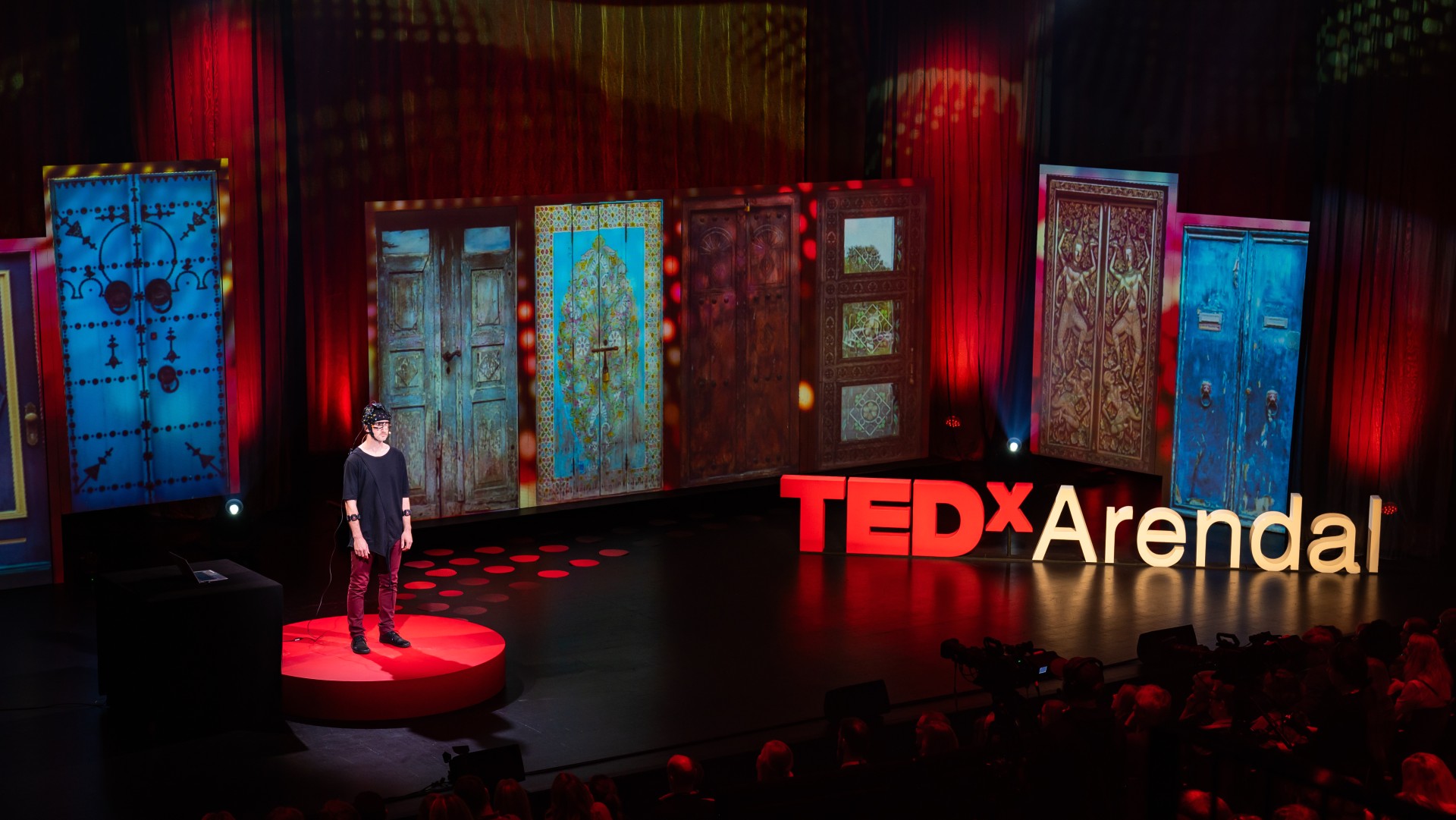
Standing still at TEDx
This summer, I got a phone call from TEDx Arendal asking about whether I would like to hold a lecture for this year’s event. Of course, I had to accept! The excitement of being asked turned to awe when they asked me whether I would like to stand still in silence for the whole talk. This request did not come out of the blue. I have spent the last 15 years researching human standstill and have gotten some attention for my stillstanding project last year when I stood still for 10 minutes every day for a year....
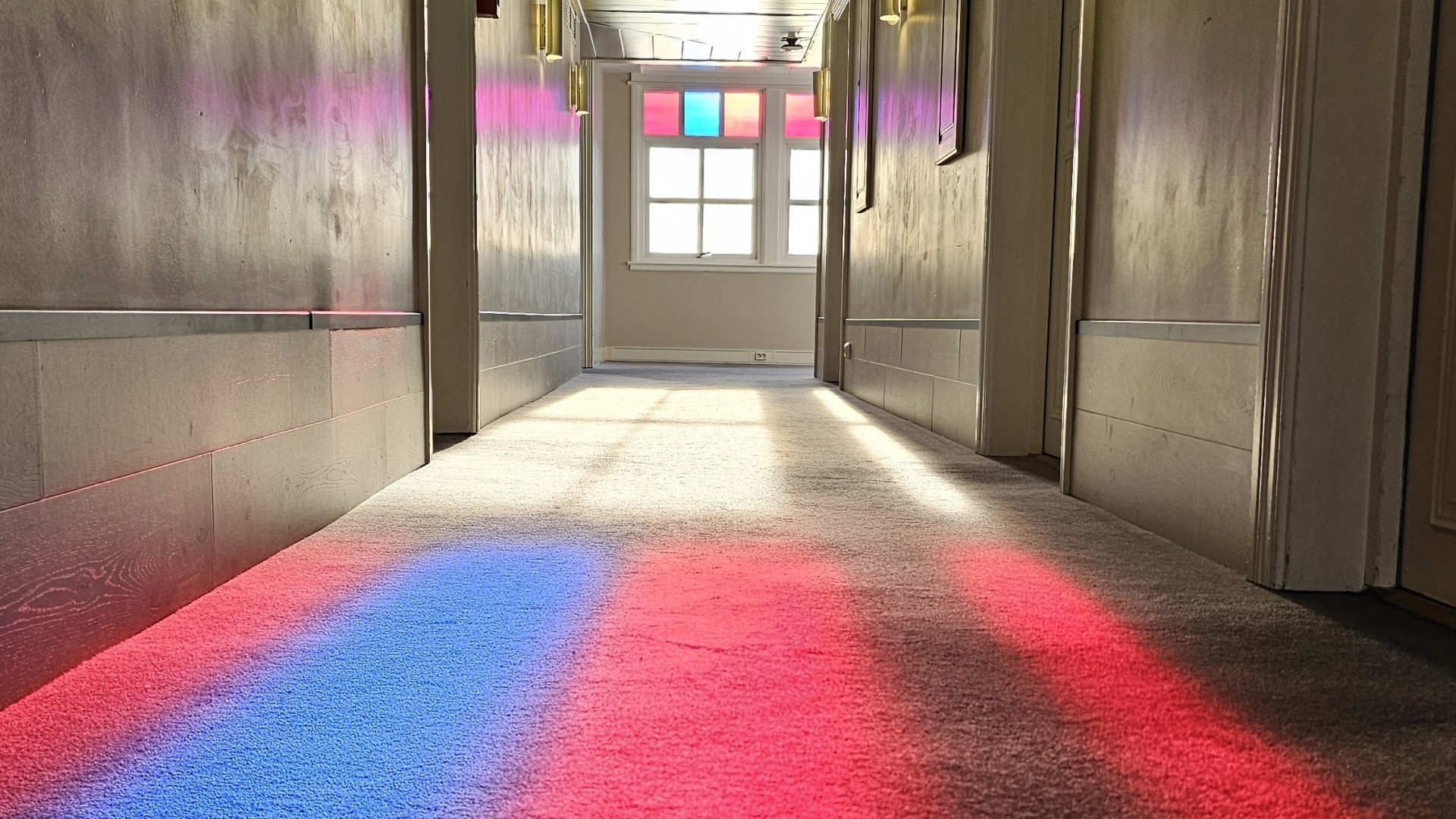
Renaming image files with date and time
In this post I write about how it is possible rename all the photos in a folder based on the date and time information stored in the file. I mainly take photos with my mobile phone these days (a Samsung Galaxy Ultra S23) but occasionnaly also use “regular” cameras. As opposed to my phone, which saves the files with a filename that includes date and time (YYYYMMDD_HHMMSS.jpg), these cameras typically just use some random name (e....

Peer Review is Killing Science
Peer review is the gold standard for scientific work. Some people argue that the fact that an article has been peer-reviewed is what makes it scientific. I would not go that far. In my opinion, research is scientific because it is conducted according to scientific standards, not because someone else has read it. However, having peers review your work is a quality mechanism that ensures that others agree that those scientific standards have been met....

Why I like SMS and e-mail
Yesterday, I wrote about why I don’t like MS Teams. My frustration about this Microsoft product (or perhaps better, platform*) could have been directed at most other commercial platforms. Common to all is the attempt to lock users into a software ecosystem that they cannot easily escape without losing their information. But what is the option? Over the years, I have developed my own workflows, including practical strategies for handling files and folders....
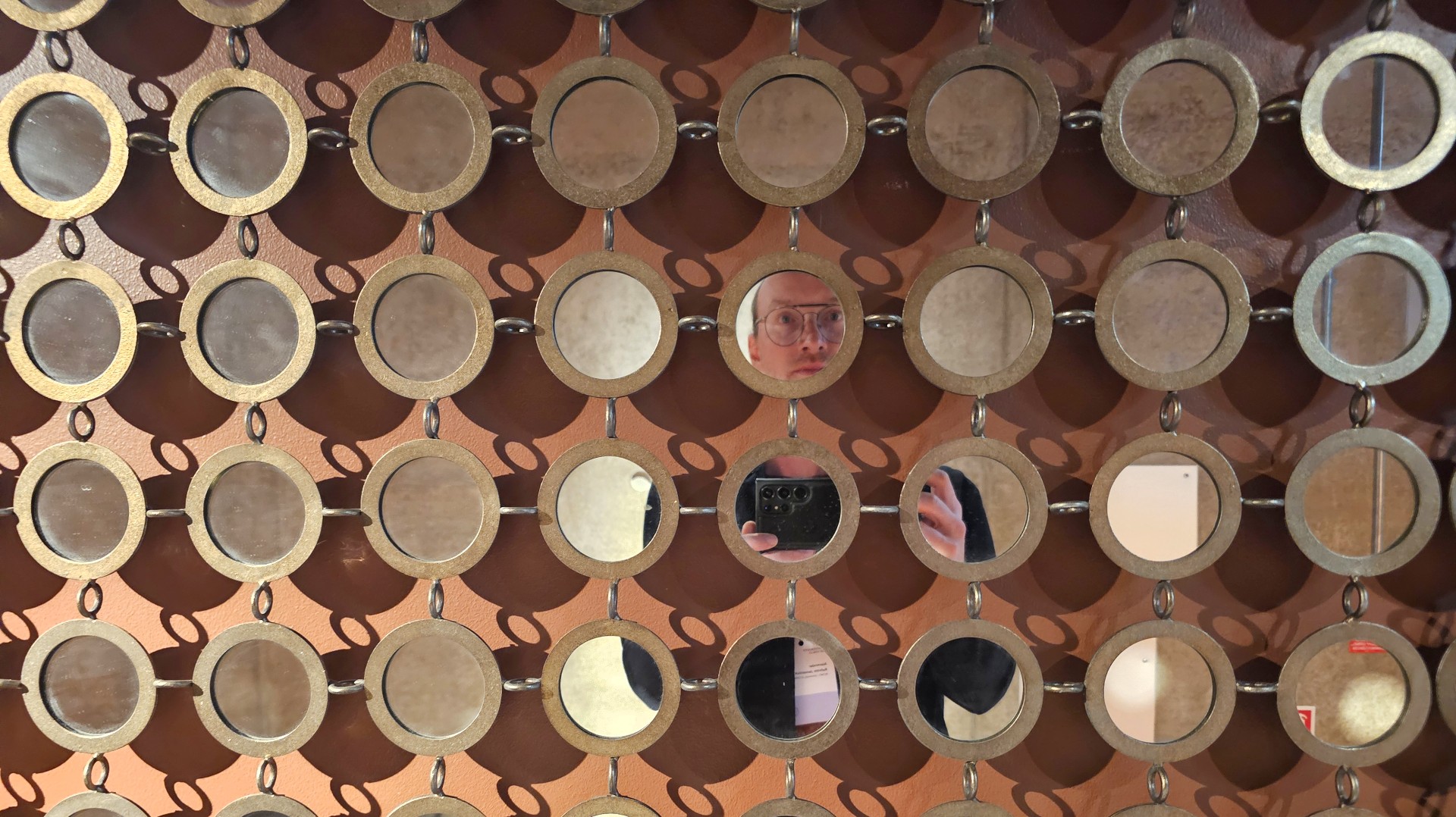
Why I don't like MS Teams
We have MS Teams at the University of Oslo (as in many other places), and it is increasingly used by administrative staff. Some academics use it as well, but less so in my experience. I use it when other people force me to, but I would never force others to use it. In this blog post, I explain why. No Linux support I have been using exclusively Linux-based operating systems for more than ten years....